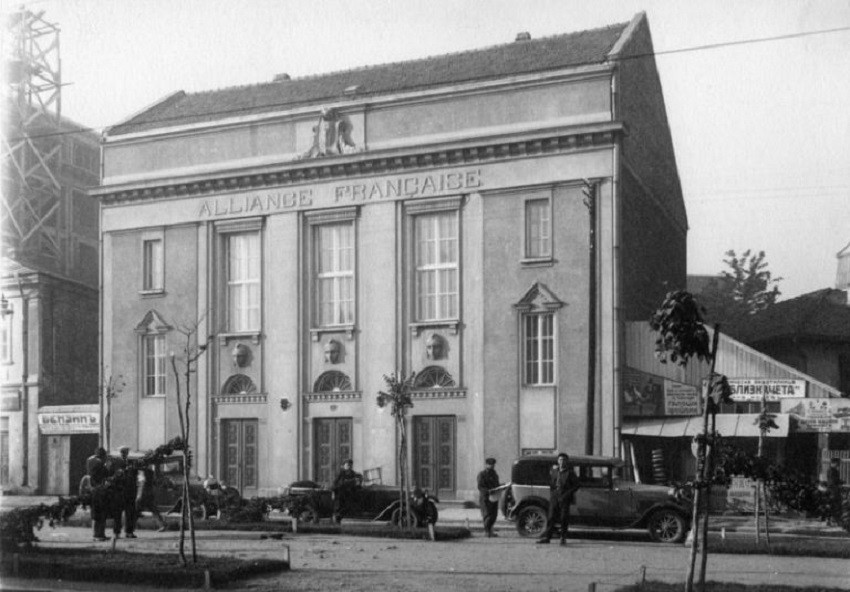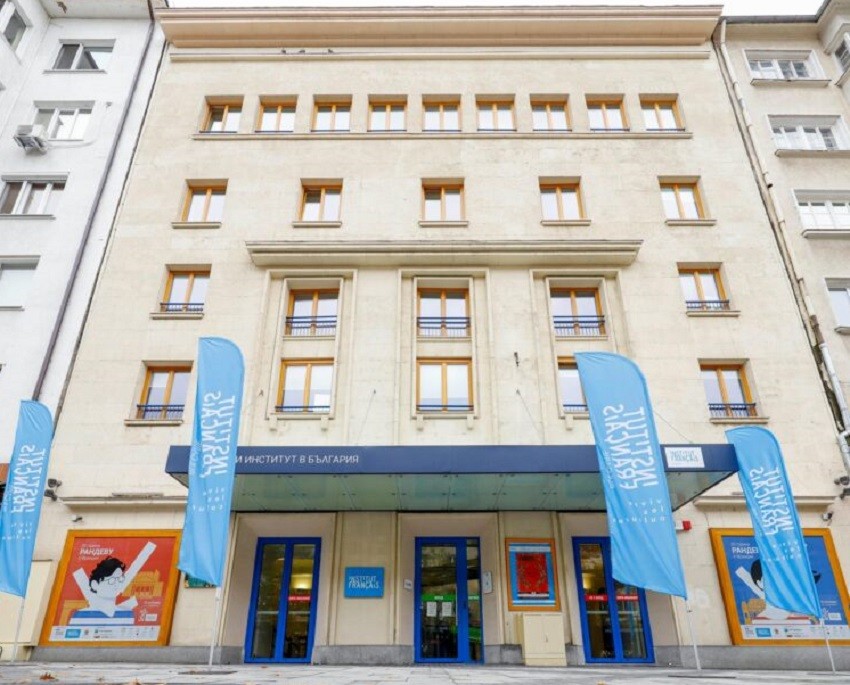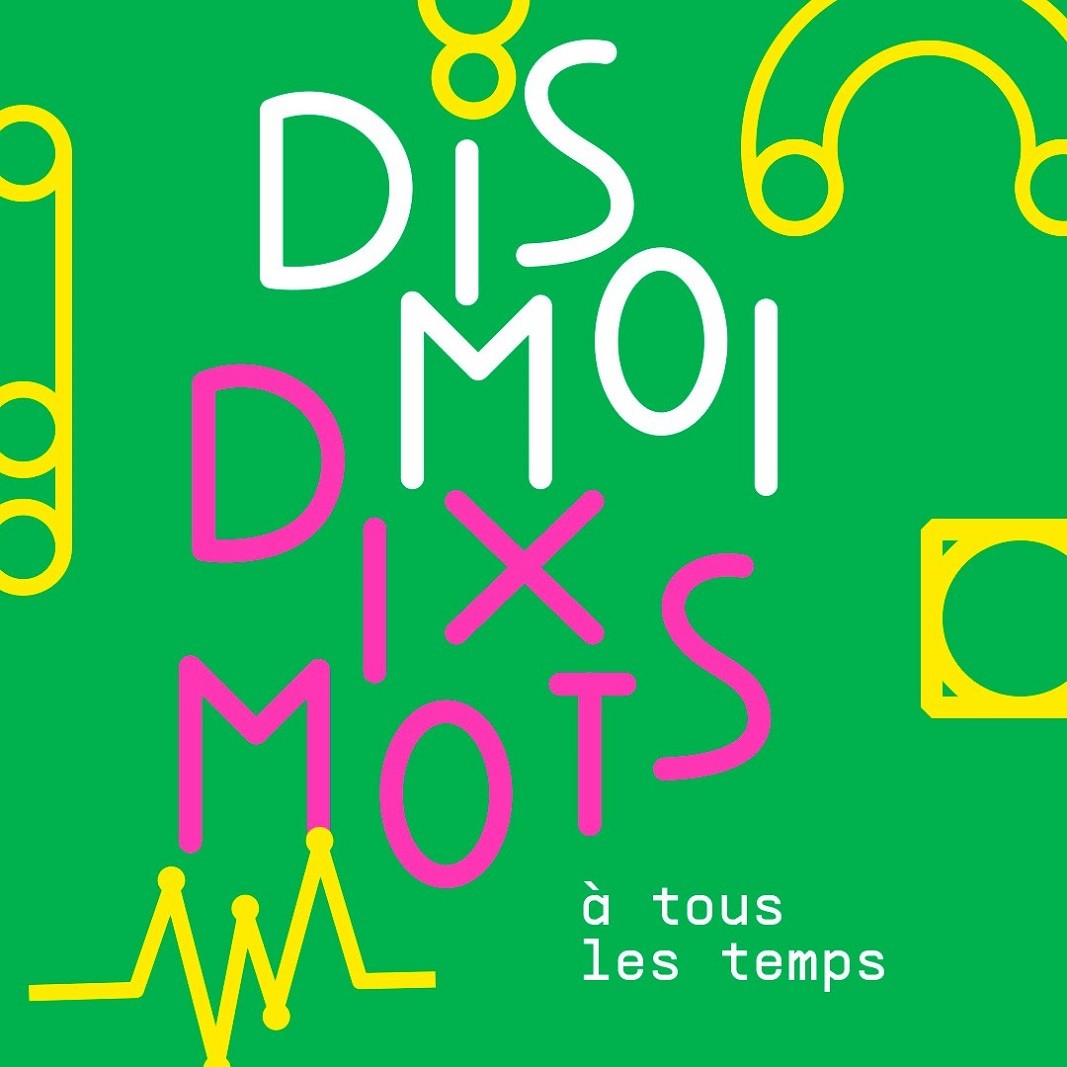20 March is International Francophonie Day. On this day, the Agency for Cultural and Technical Cooperation was set up in Niamey, Niger, which later changed its name to International Organisation of La Francophonie, of which Bulgaria has been a member for 30 years after joining in December, 1993. “A powerful political gesture,” according to Pierre Colliot, Director of the French Institute in Bulgaria and councilor for cooperation and cultural action with the French embassy:

“This decision reflects the wish of the then President of Bulgaria (Zhelyu Zhelev – editorial note) to take Bulgaria, the new Bulgaria, onto the international stage, and to do that he chose the International Organisation of La Francophonie.”
Before becoming a full member of the organization, Bulgaria first joined as observer in 1991 “a little after the fall of the Berlin wall and the end of the communist era,” Pierre Colliot says in an interview with Radio Bulgaria. “There is one more strong connection with the visit by French President François Mitterrand two years earlier and the memorable breakfast at the embassy.” The meeting Mitterrand organized with Bulgarian intellectuals and dissidents, among them the future President of Bulgaria Zhelyu Zhelev, on 20 January, 1989 was an important element of the ongoing democratic changes.

France’s cultural influence continued in the times of the communist regime…
“There is a period in the 1950s when Alliance Française institutes were shut down, including the one in Sofia, which was housed in the building we are in right now. It was built by the Alliance Française in 1924 and opened in 1925. In spite of this rift at an institutional level, the French language was still being taught even then, and the teachers were extremely well educated,” the director of the French Institute in Sofia says.


An important role in preserving and popularizing French-language culture is played by communities outside France and in French-speaking countries, as well as in countries where French is spoken though not necessarily as a native language – as is the case in many parts of Africa. But there are many more communities in countries where French is not spoken as a rule and “Bulgaria is one of the most remarkable examples,” Pierre Colliot adds.
How can we preserve multilingualism and with its – diversity in the world?
“That is a political act,” Pierre Colliot says. “Therefore it is up to governments to protect their language at international institutions.” In the EU, for example, there are 24 official languages. “It is important for the representatives of the different countries to speak their own language when they talk to each other. I’m saying this because in France too there is sometimes a tendency of using English because it is easier.”
The second important line is education, Pierre Colliot goes on to say – in this, schools and headmasters have a big responsibility. Many of them support multilingualism in the choice of study programme, and last but not least comes the role of embassies in encouraging the teaching of different languages.

In connection with the initiative “Tell me 10 words”, which includes exhibitions, reading, creative writing and dictation ateliers on the basis of 10 words in French, which are this year connected with time, Pierre Colliot gave us his own key words:
“First and foremost “heart”, because in Bulgaria Francophonie is Francophonie of the heart, i.e. it is a matter of choice. The second word is “youth” because the people coming to the French Cultural Institute in Bulgaria are mostly young people, and young people are an important asset for the country. The third is “beauty” because your country really is so exceedingly beautiful. And also – Francophonie which is everywhere in Bulgaria – from East to West and from North to South, with surprise encounters with French-speaking people all over the country,” says in conclusion Pierre Colliot. Director of the French Institute in Sofia in an interview with Maria Stoeva from Radio Bulgaria’s French-language service.
Photos: institutfrancais.bg, Facebook/InstitutFrancaisdeBulgarie
For the 51st time, the Ikar Performing Arts Awards will be presented at an official ceremony at the Ivan Vazov National Theatre in Sofia on 27 March - World Theatre Day. The theme of IKAR 2025 is 'PARTY Coalition' - a reflection of the political..
The oldest opera theatre in Bulgaria outside the capital Sofia - the Stara Zagora Opera , which is celebrating a remarkable centennial anniversary this creative season, presents a new production of Verdi's masterpiece Rigoletto on March 28 and 29...
“Standing on stage in front of so many people, with everyone looking at you and listening to the Bulgarian anthem is just a bomb of emotions,” says Dalia Rogova, who is Bulgaria’s new hope for a gold medal at the Dance World Cup, which this year will..
The upcoming exhibition of Bulgarian artist George Papazoff in Zagreb on 5 May 2025 was the focus of a meeting at the Bulgarian Embassy in the Croatian..

+359 2 9336 661
